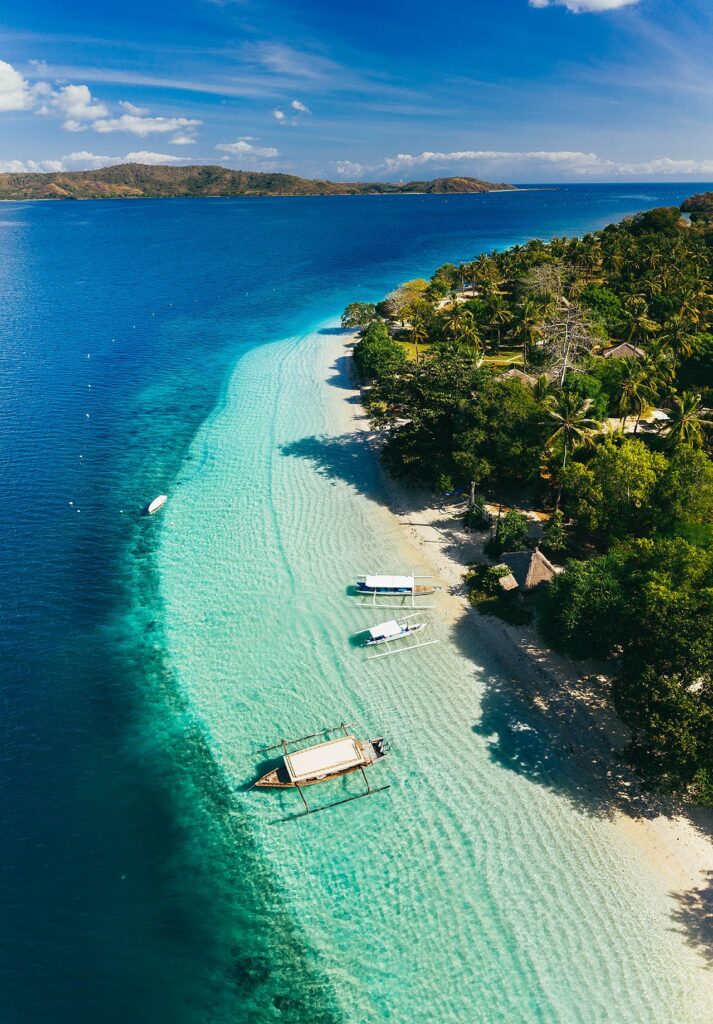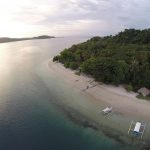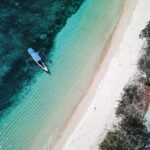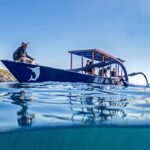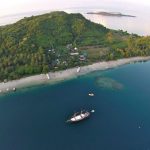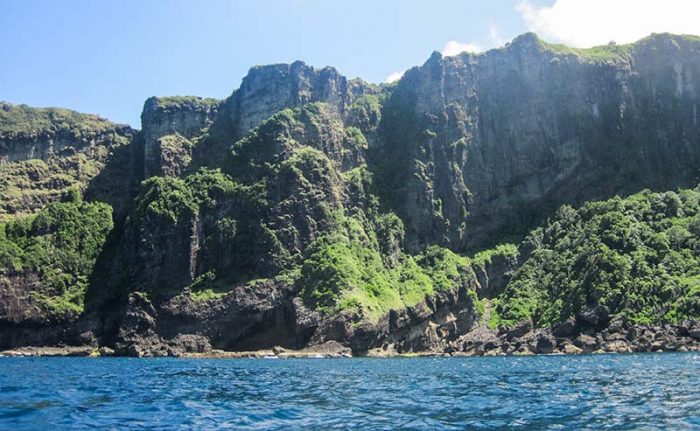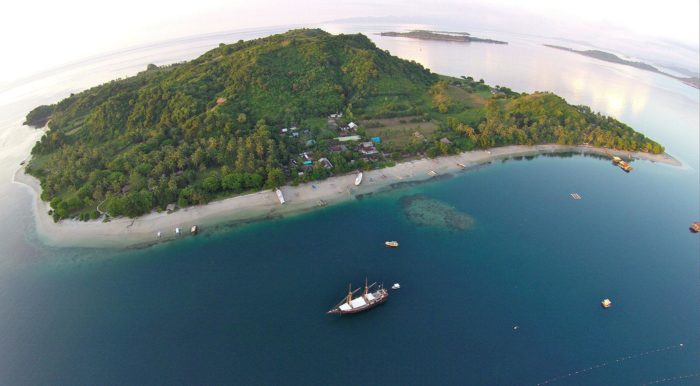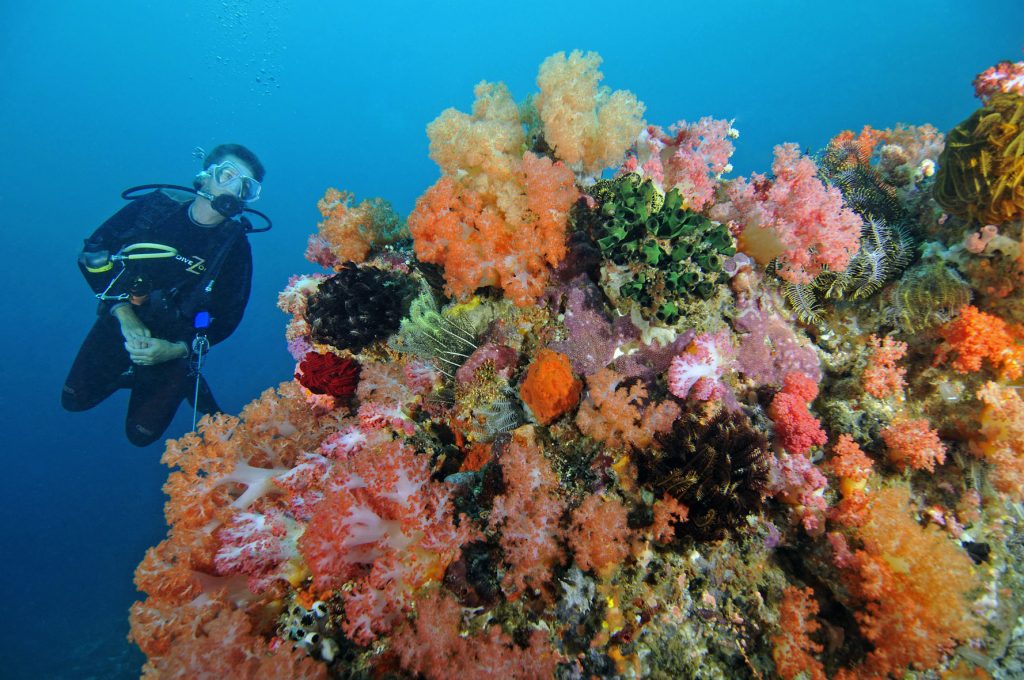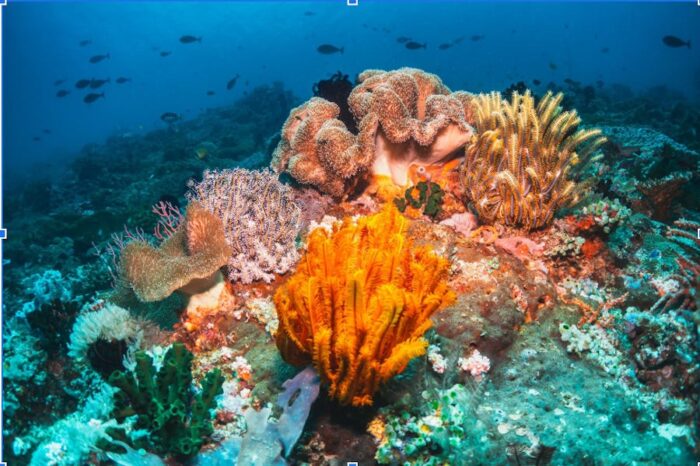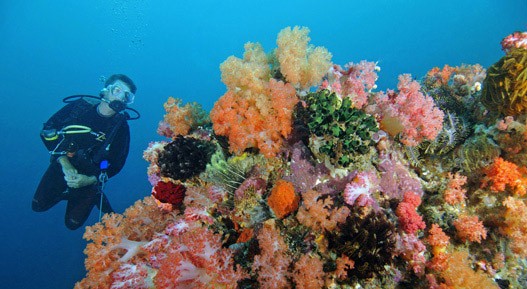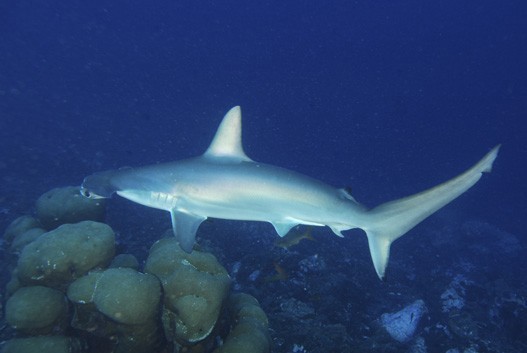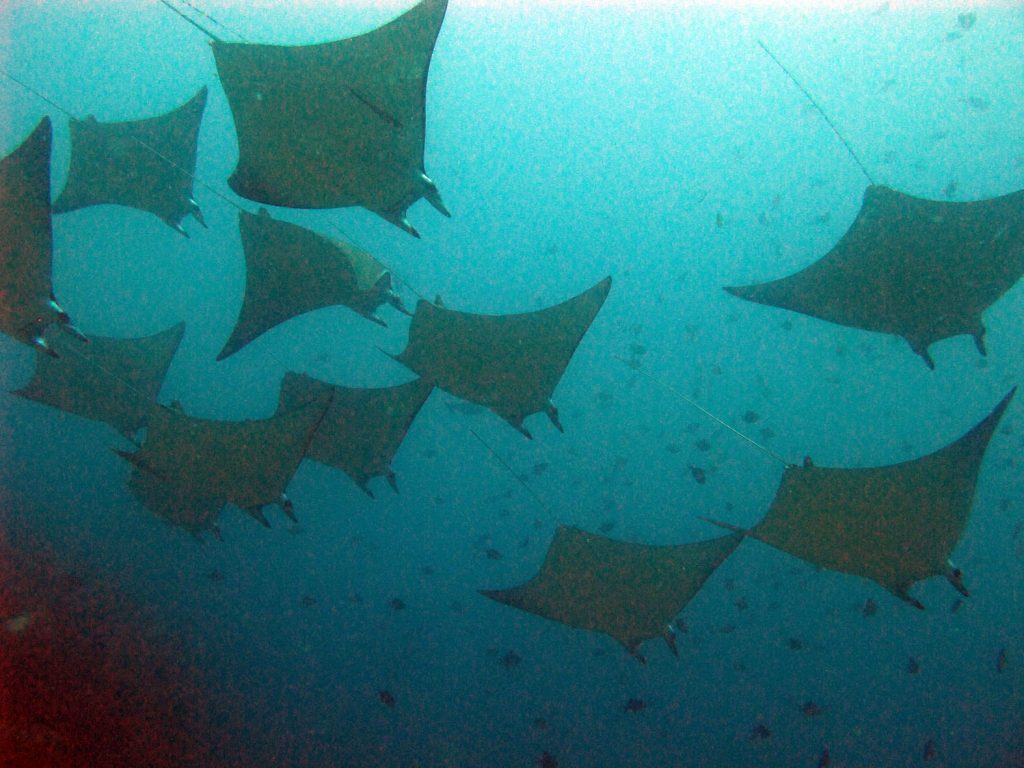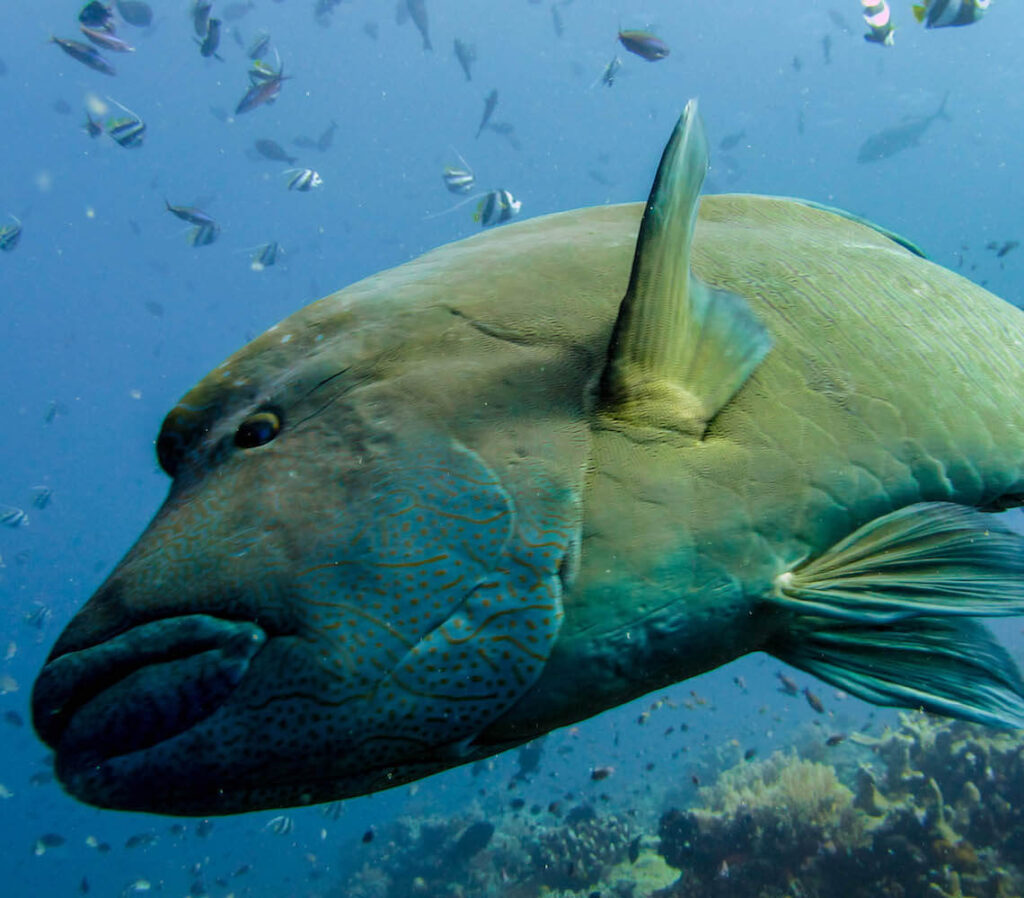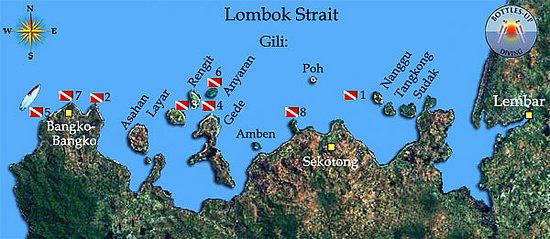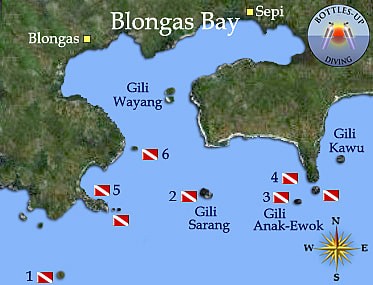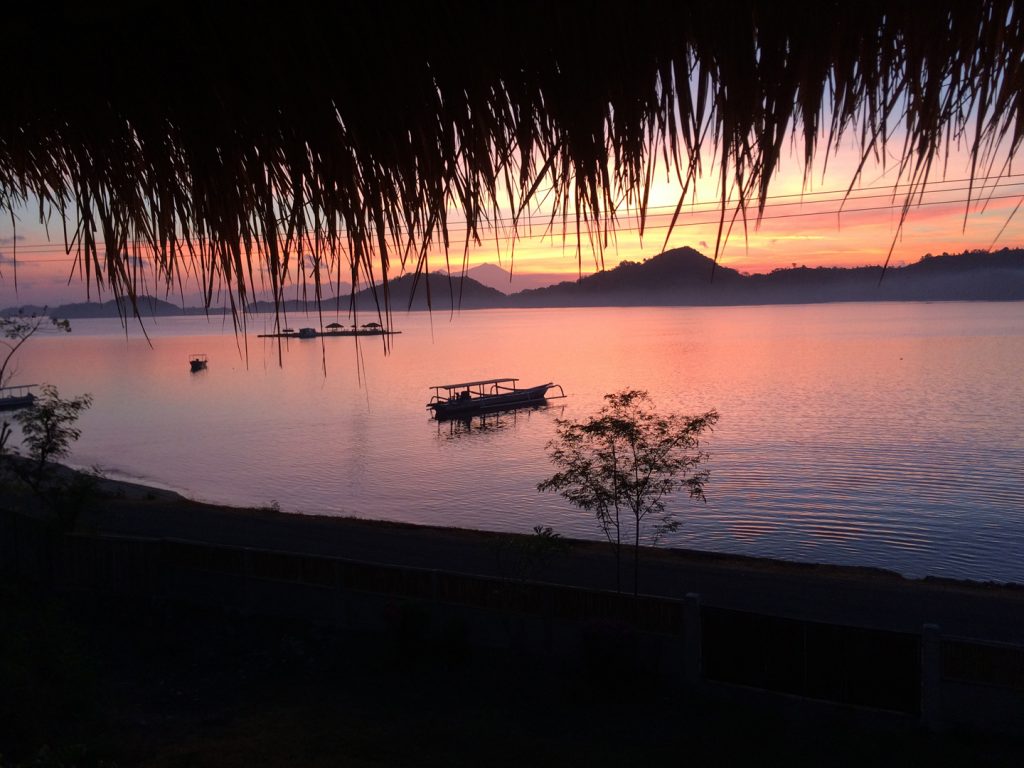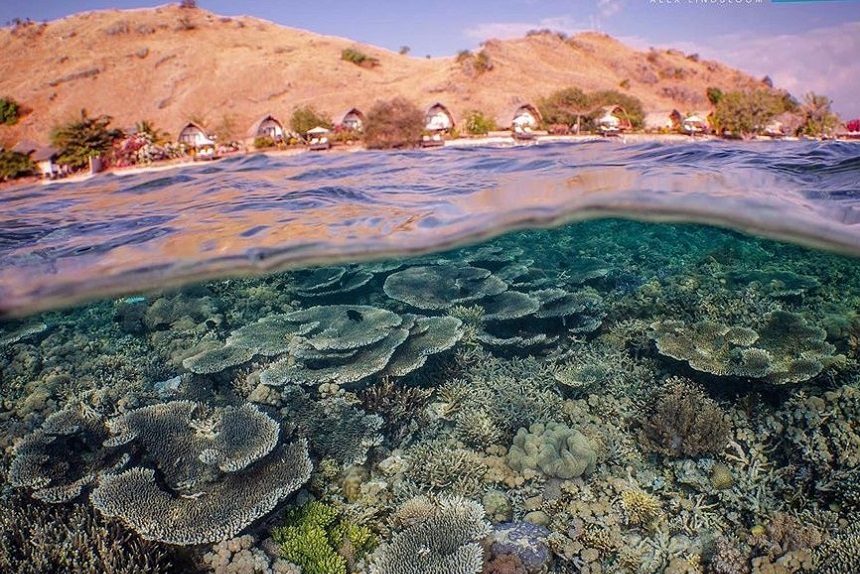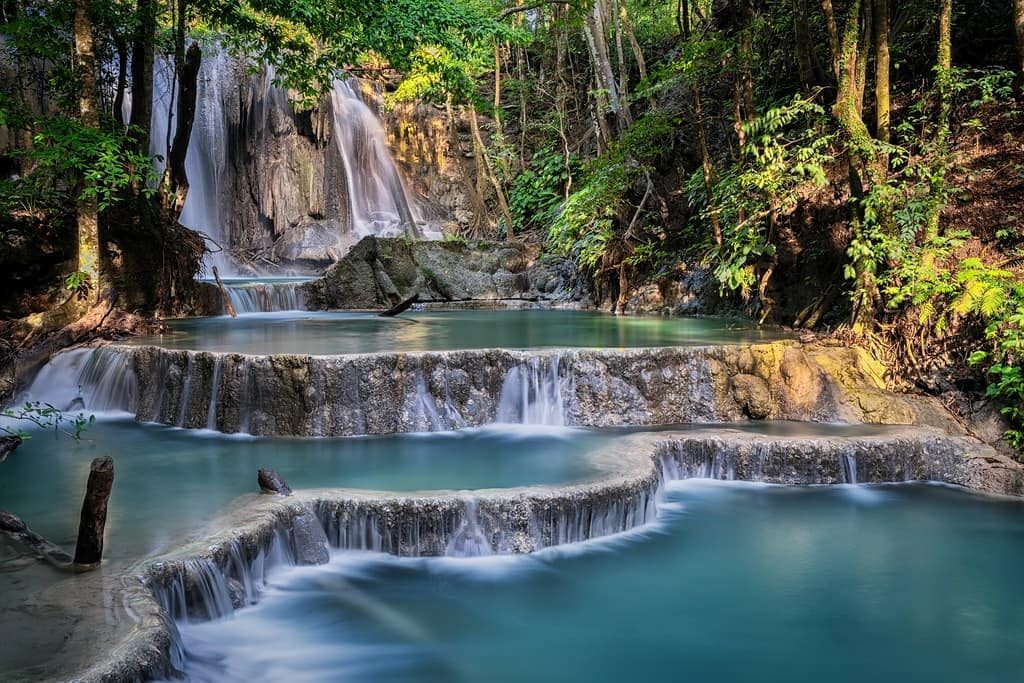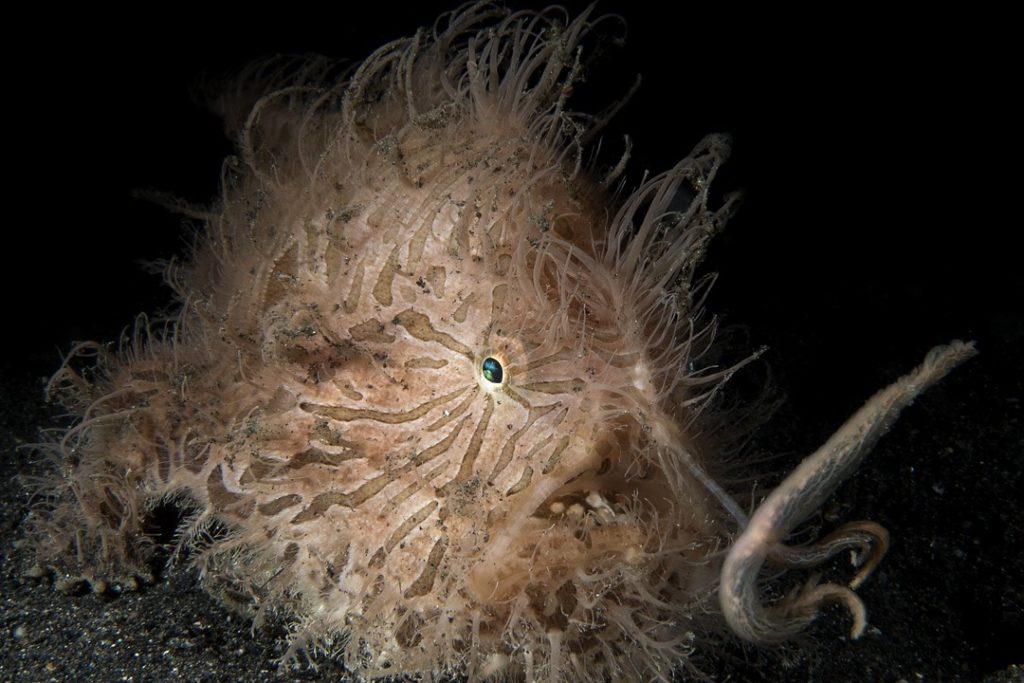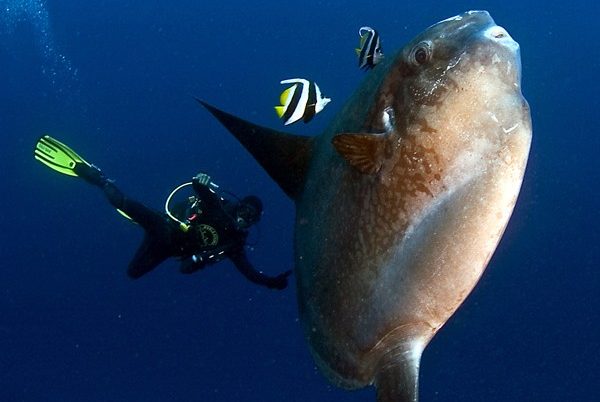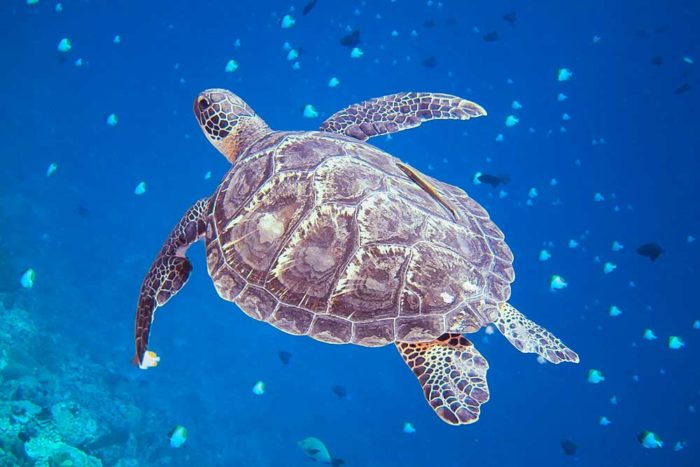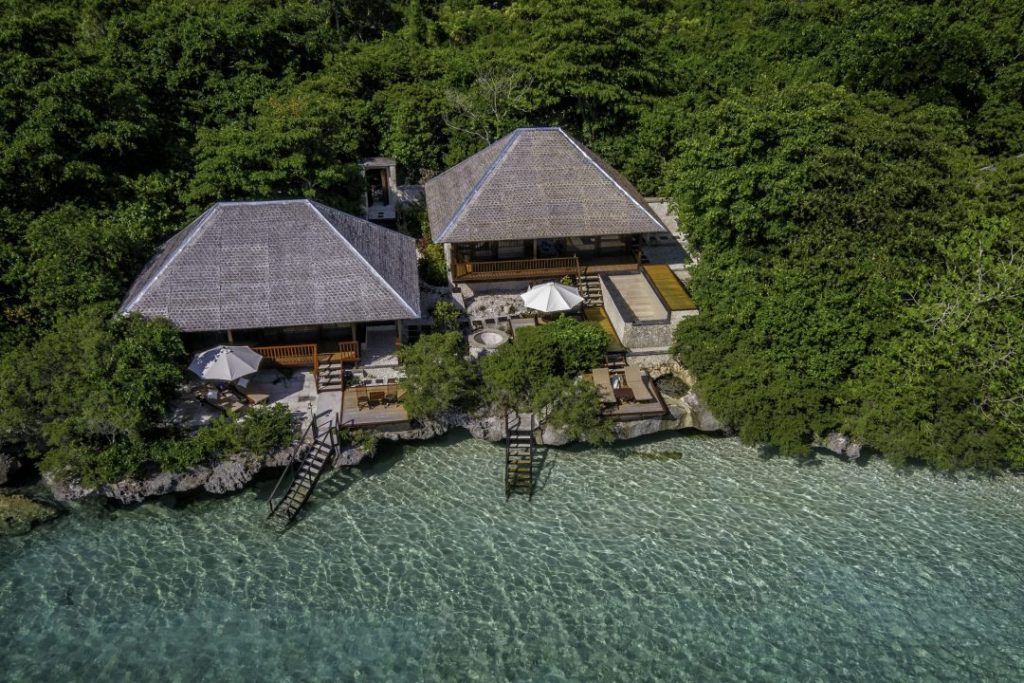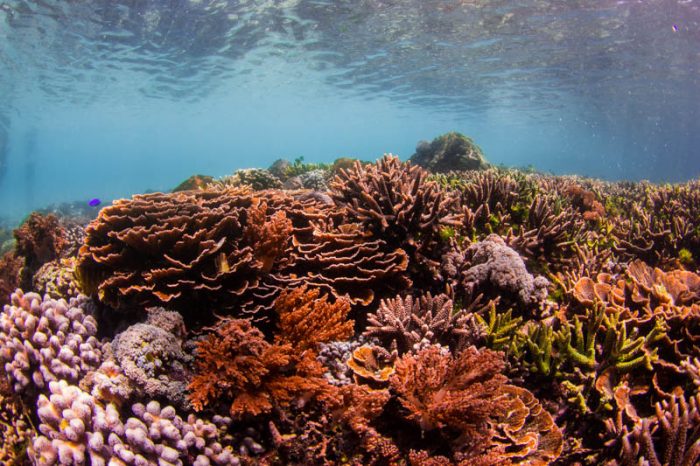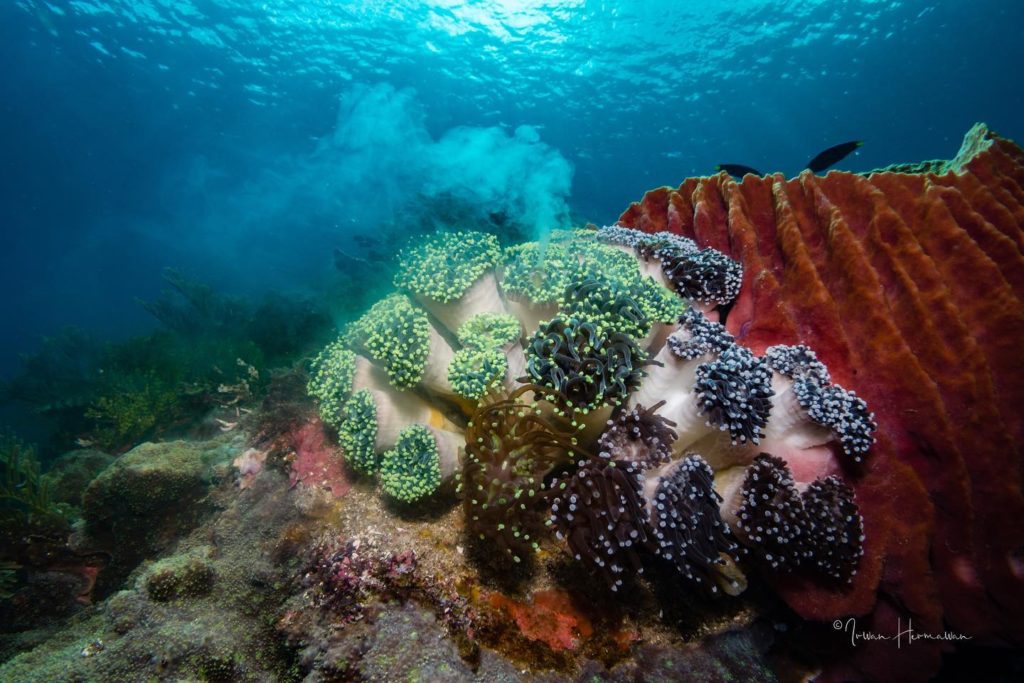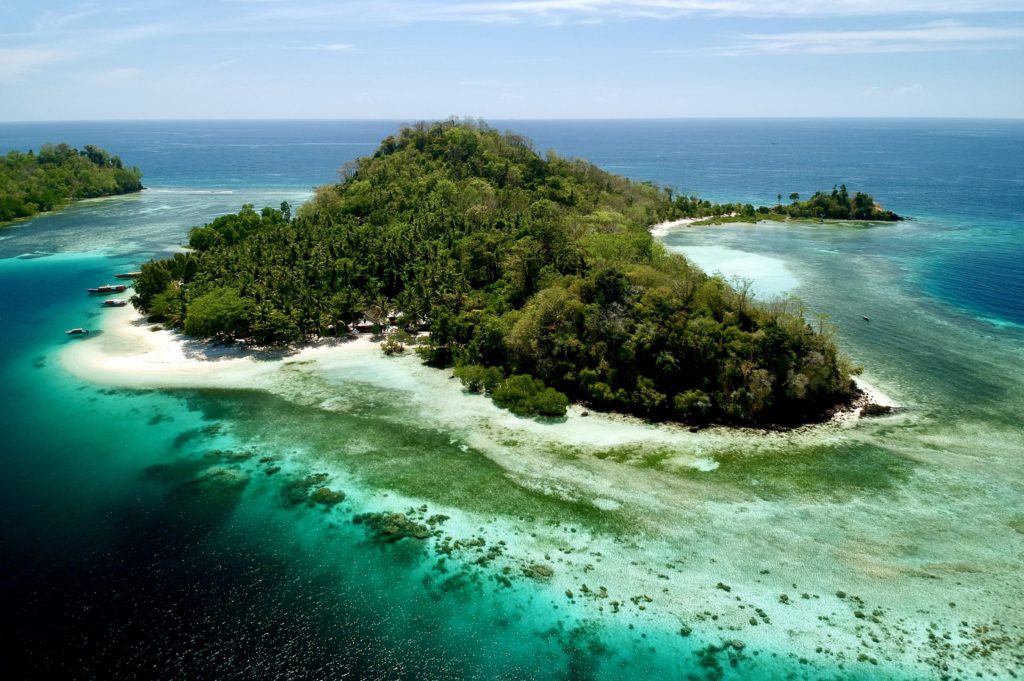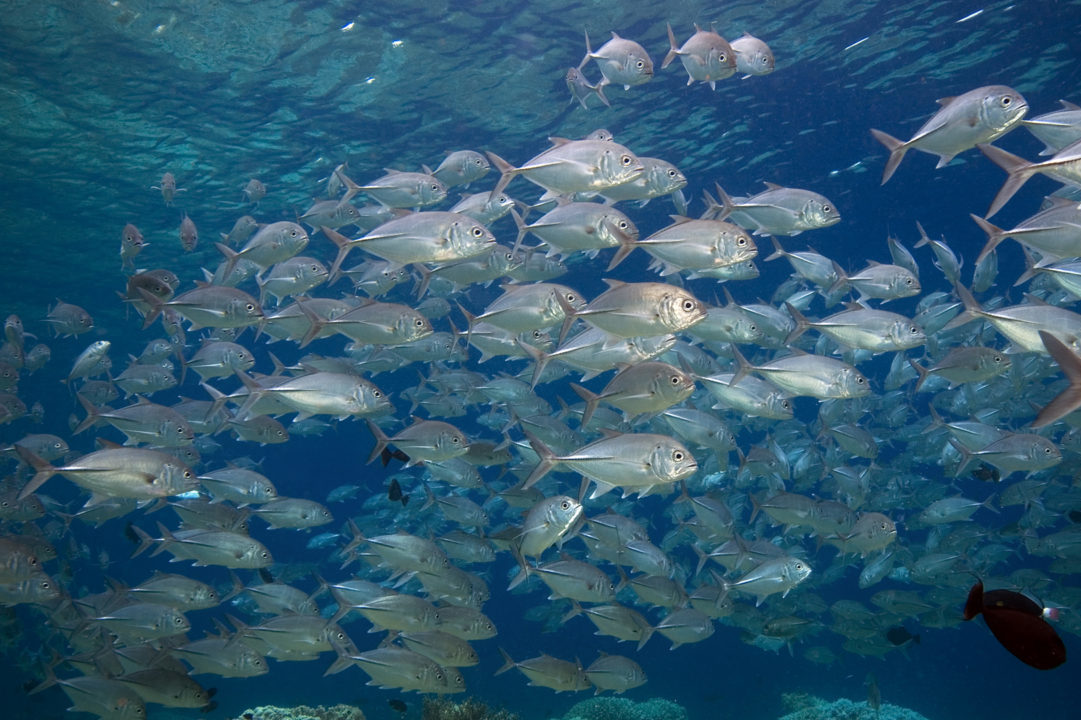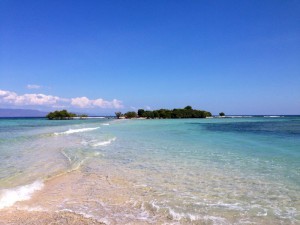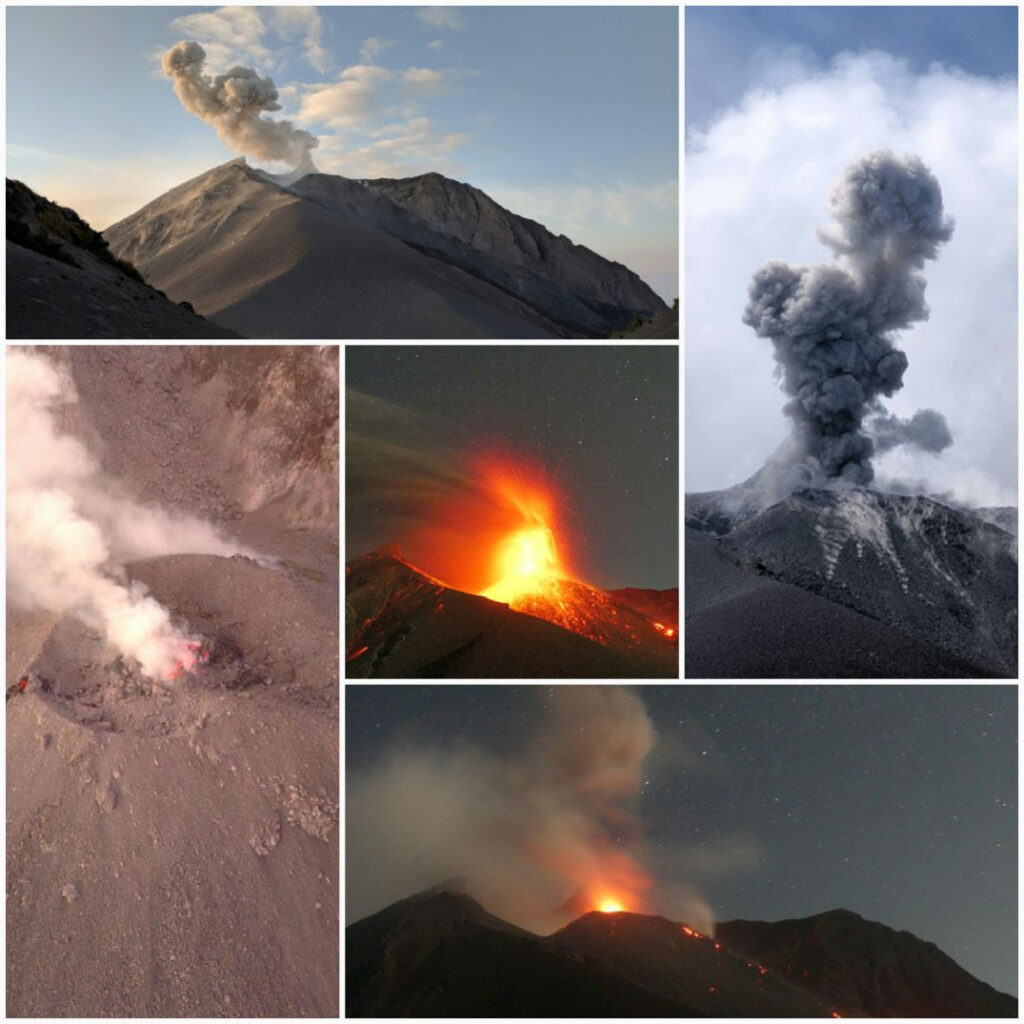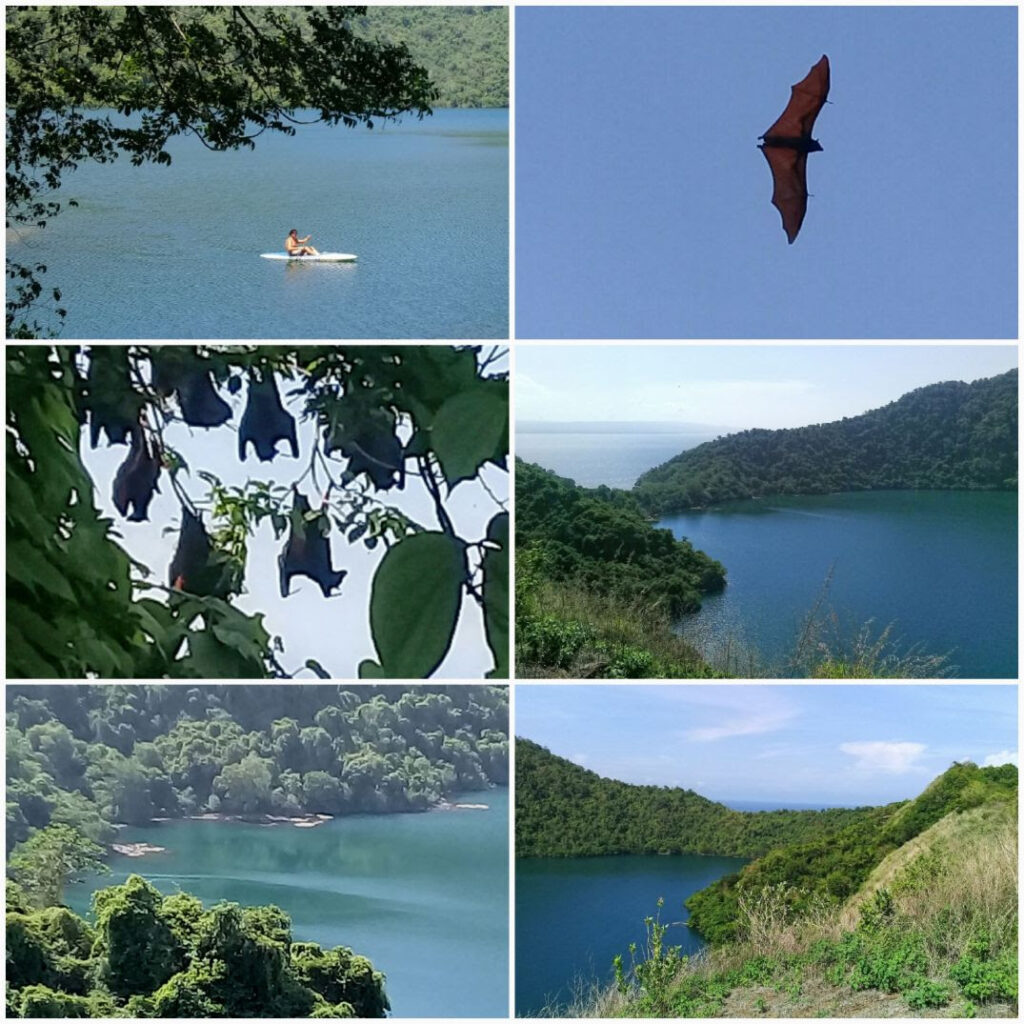Despite what some sources (and many local people) will tell you, malaria is present in the islands.
Although malaria transmission rates are currently low, wearing repellant and appropriate clothing to avoid bites is a must and anti-malarial medications are recommended.
Doxycycline is often recommended as a good antimalarial and has the advantage of also providing protection against certain other bacterial infections, but you should definitely consult a professional for current recommendations before making a decision about malaria prophylaxis.
Insect bites: There are a lot of insects in Raja Ampat that can give irritating bites, but sand flies are the worst in our opinion. They are virtually invisible, exceedingly tiny, black flies that are common in many beachside locations. They most commonly attack at dusk, usually (but not always) on your lower legs and arms. The bites take several hours to appear, are incredibly itchy, and last for days. Because of the delayed reaction, many guests wake up at night and assume they’ve been bitten by bedbugs. We’ve never known of a single proven infestation of bedbugs in homestay accommodation. It’s much more likely that sandflies were the culprits. It’s good practice to liberally apply an insect repellant late in the afternoon after your last swim!
Gastrointestinal diseases: We’ve been lucky and have never contracted any, but again make sure you have some rehydration salts and basic medicines on hand. (Consult your doctor regarding appropriate medicines before you go.) Anti-diarrhoea medicines like Imodium are best taken only if you have to travel – they only treat symptoms, not causes. Drinking only boiled or otherwise purified water will greatly reduce your chances of stomach troubles. You can read more about drinking water here.
Skin and wound infections: You should clean and treat even small wounds immediately with an antiseptic, and then examine them regularly for signs of infection. Especially if they are coral scrapes, which are notorious for going septic. Keeping wounds dry until healed is also good practice, but it’s a big ask when you’re on a short stay in the islands. Fungal infections love a tropical environment too, so you might want to consider having some antifungal medicine in your first aid kit.
Ear infections: Spending a lot of time with water in your ears in the tropics raises the risk of ear infections, so if you’re concerned pack an appropriate medicine.
Japanese Encephalitis and Dengue Fever: These mosquito-borne diseases have been reported from Raja Ampat. You might want to consider vaccination for Japanese Encephalitis. Avoiding mosquito bites is the only protection available against Dengue Fever.
Tropical diseases: All tropical environments harbour parasites and pathogens not found elsewhere. You’re extremely unlikely to come into contact with any of those during a short holiday in Raja Ampat, but if you suffer any persistent or recurrent symptoms that can’t be diagnosed or aren’t relieved by standard medical treatment – even if those symptoms appear months after your visit – you should consult a tropical diseases specialist.
See our “About” page to know more about prevention of moscuito bites.
For further reading on health: https://www.iamat.org/country/indonesia

